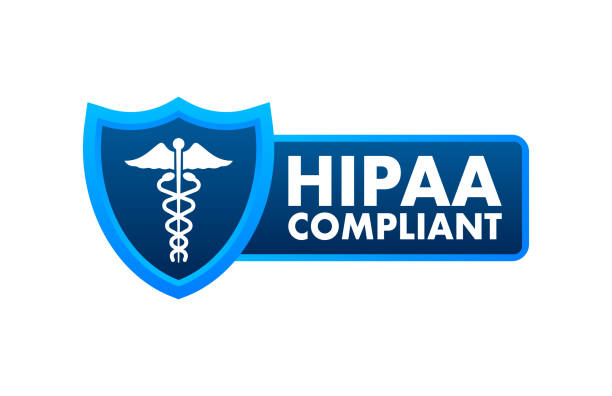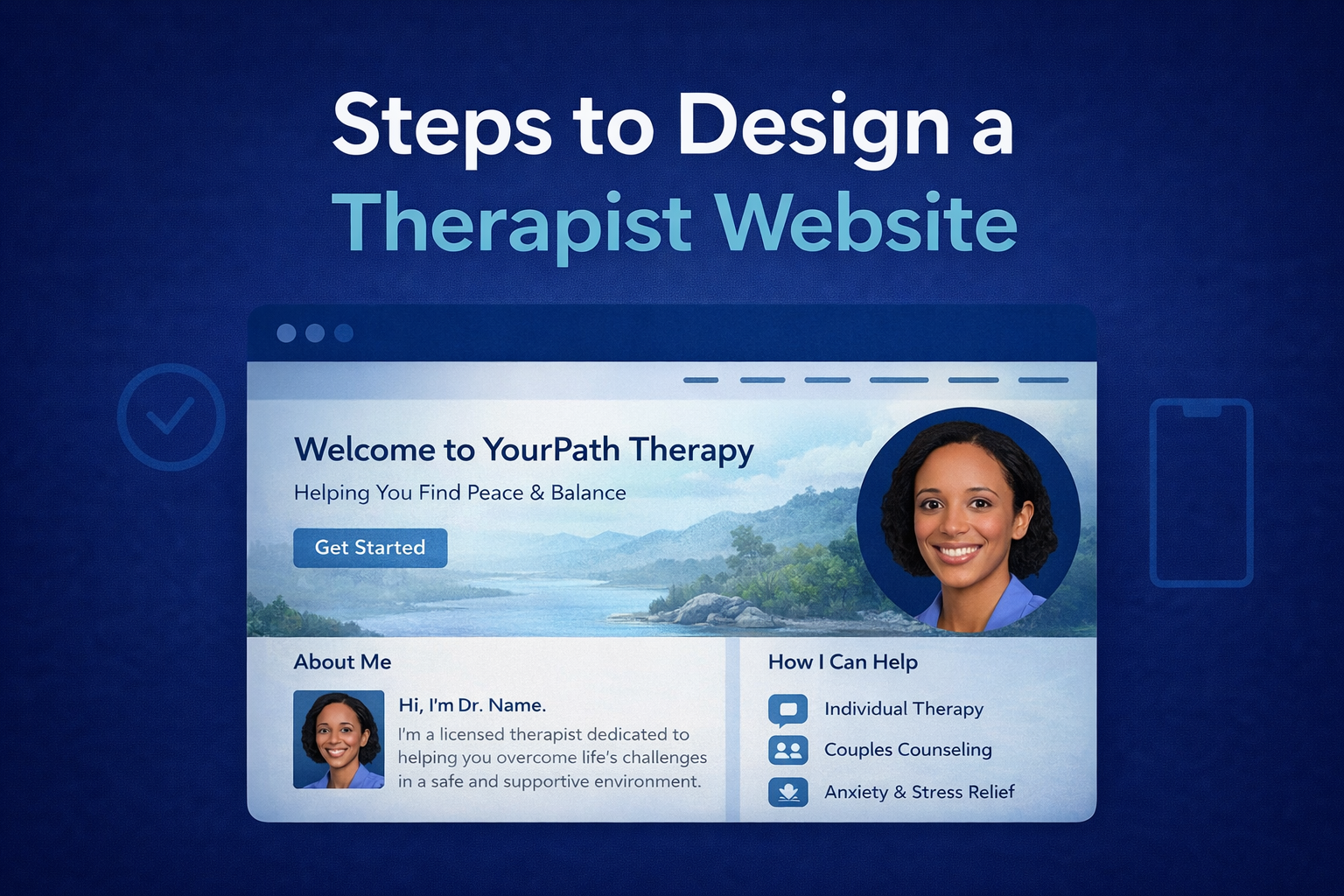Introduction to HIPAA Compliance for Therapy Startups
Starting a therapy practice involves navigating complex regulations, with HIPAA compliance being a cornerstone for protecting patient privacy. The Health Insurance Portability and Accountability Act (HIPAA) sets standards for safeguarding Protected Health Information (PHI), and non-compliance can lead to hefty fines and reputational damage. This article outlines essential HIPAA compliance strategies for therapy startups, offering practical steps to ensure data security and regulatory adherence.
Why HIPAA Compliance Matters for Therapy Startups
HIPAA compliance is critical for therapy startups to protect patient data, maintain trust, and avoid legal risks. Key reasons include:
- Patient Trust: Secure handling of PHI builds confidence in your practice.
- Legal Obligations: Violations can result in fines up to $1.5 million annually.
- Reputation: Breaches can damage a startup’s credibility in a competitive market.
- Operational Efficiency: Compliant systems streamline data management.
For new practices, establishing HIPAA compliance from the outset is essential.
Understanding HIPAA Requirements
HIPAA comprises several rules relevant to therapy startups:
- Privacy Rule: Governs how PHI is collected, used, and disclosed.
- Security Rule: Mandates safeguards for electronic PHI (ePHI).
- Breach Notification Rule: Requires notifying patients and authorities of data breaches.
- Business Associate Agreements (BAAs): Contracts with vendors handling PHI, like EHR providers.
Startups must comply with these rules to protect client data and avoid penalties.
Benefits of HIPAA Compliance for Startups
HIPAA compliance offers therapy startups multiple advantages:
- Enhanced Trust: Demonstrates commitment to patient privacy, attracting clients.
- Risk Mitigation: Reduces the likelihood of costly fines or lawsuits.
- Competitive Edge: Sets your practice apart in a crowded market.
- Streamlined Operations: Compliant systems improve data management efficiency.
For related tools, explore securing client data online.
Common HIPAA Compliance Challenges for Startups
Therapy startups face unique hurdles in achieving compliance:
- Limited Resources: Small budgets may limit investment in secure systems.
Solution: Opt for cost-effective, HIPAA-compliant tools. - Lack of Expertise: New practices may not understand HIPAA requirements.
Solution: Train staff or consult compliance experts. - Vendor Management: Ensuring third-party vendors are compliant.
Solution: Sign BAAs with all vendors. - Data Breaches: Small practices are vulnerable to cyberattacks.
Solution: Implement robust security measures.
Essential Strategies for HIPAA Compliance
To achieve and maintain HIPAA compliance, therapy startups should implement these strategies:
1. Conduct a Risk Assessment
Identify vulnerabilities in your practice’s data handling:
- Map PHI Flow: Document how PHI is collected, stored, and shared.
- Assess Risks: Identify potential threats like cyberattacks or unauthorized access.
- Mitigate Risks: Implement safeguards like encryption or access controls.
Conduct annual risk assessments to stay compliant.
2. Implement Robust Security Measures
Protect ePHI with technical safeguards:
- Encryption: Use end-to-end encryption for data in transit and at rest.
- Access Controls: Implement Role-Based Access Control (RBAC) to limit PHI access.
- Secure Devices: Require strong passwords and device encryption for staff.
- Two-Factor Authentication (2FA): Add an extra layer of security for logins.
These measures align with HIPAA’s Security Rule.
3. Choose HIPAA-Compliant Technology
Select tools designed for healthcare compliance:
- EHR Systems: Use platforms like SimplePractice or TherapyNotes with BAAs.
- Telehealth Platforms: Choose Doxy.me or Zoom for Healthcare for secure video sessions.
- Communication Tools: Opt for encrypted messaging like Spruce Health.
For integration tips, see EHR integration strategies.
4. Sign Business Associate Agreements (BAAs)
Vendors handling PHI, such as EHR or billing providers, must sign BAAs. Ensure:
- Clear Terms: Outline vendor responsibilities for PHI protection.
- Vendor Vetting: Confirm vendors have HIPAA-compliant processes.
- Regular Reviews: Update BAAs as services or regulations change.
BAAs are legally required to extend HIPAA protections to third parties.
5. Train Staff on HIPAA Compliance
Staff training is critical to prevent violations:
- Regular Training: Conduct annual HIPAA training for all employees.
- Policy Awareness: Share written policies on PHI handling and breach reporting.
- Simulations: Run mock scenarios to prepare for breaches or audits.
Well-trained staff reduce the risk of human error.
6. Develop a Breach Response Plan
Prepare for potential data breaches with:
- Incident Identification: Establish processes to detect breaches quickly.
- Notification Procedures: Notify affected patients and authorities within 60 days, as required.
- Mitigation Steps: Address vulnerabilities to prevent future breaches.
A clear plan minimizes damage and ensures compliance.
7. Create and Maintain HIPAA Policies
Document policies to guide compliance:
- Privacy Policies: Outline how PHI is collected, used, and protected.
- Security Policies: Detail technical safeguards and access controls.
- Patient Rights: Explain patient access to records and consent processes.
Share policies with patients and staff for transparency.
8. Monitor and Audit Compliance
Regular monitoring ensures ongoing adherence:
- Internal Audits: Review PHI handling processes quarterly.
- Log Monitoring: Track access to ePHI to detect unauthorized activity.
- External Audits: Hire third-party experts to assess compliance annually.
Audits help identify and address gaps before they become issues.
Real-World Example
A therapy startup in Miami implemented HIPAA-compliant EHR and telehealth platforms from day one. By conducting a risk assessment, signing BAAs with vendors, and training staff, they avoided compliance issues. Within six months, they built trust with 50 new clients, attributing 20% of inquiries to their transparent privacy policies.
Future Trends in HIPAA Compliance for Therapy Startups
Emerging technologies and regulations are shaping compliance:
- AI Security: AI tools can detect vulnerabilities or automate compliance audits.
- Blockchain: Offers decentralized, tamper-proof storage for PHI.
- Stricter Regulations: New state laws, like California’s CCPA, may add compliance requirements.
Stay informed with AI transforming clinical workflows.
Conclusion: Building a HIPAA-Compliant Therapy Startup
HIPAA compliance is a foundational element for therapy startups, ensuring patient trust, legal adherence, and operational efficiency. By conducting risk assessments, using secure technologies, training staff, and maintaining clear policies, startups can protect PHI and avoid costly violations. Proactive compliance not only safeguards data but also enhances your practice’s reputation.
For tailored HIPAA-compliant solutions, explore Mental Health IT Solutions.







